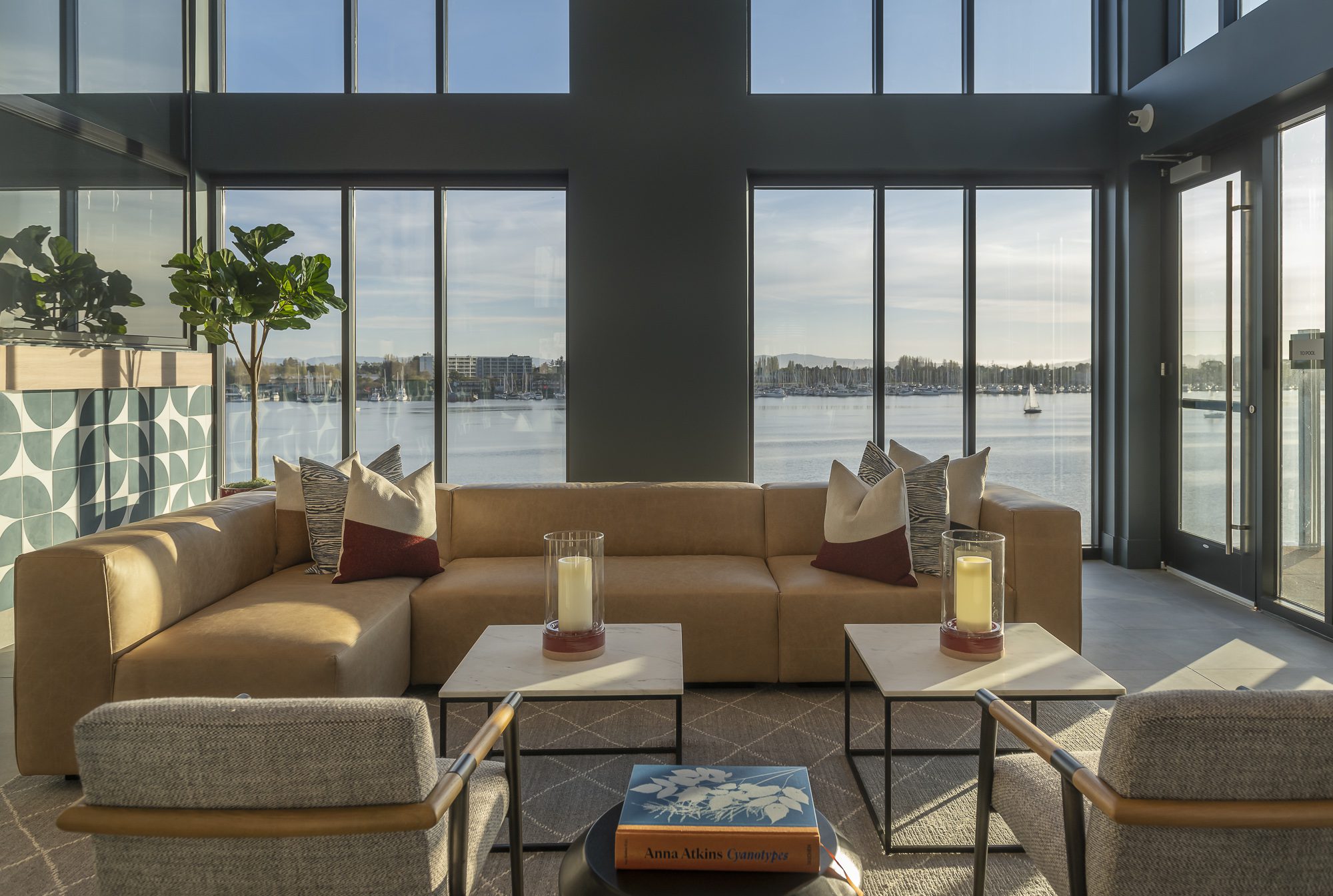
Industry-watchers have called Generation Z—the term generally applied to those born between about 1997 and 2012—the only renter majority generation. They will become the largest renter demographic by 2030, according to an analysis by Arbor Realty Trust. This is because Gen Z faces barriers to homeownership, such as elevated interest rates, a higher cost of living and a shortage of quality housing.
Gen Z represents around 21 percent of the U.S. population, or more than 65.5 million people, as RentCafe notes. But according to the U.S. Census Bureau, most of these young adults are starting a family and establishing stable careers later in life than previous generations. When they do move out of their parents’ homes, Gen Z is renting apartments.
…
As Gen Z enters the multifamily market, it is bringing new demands for tech-savvy solutions, sustainability and a strong focus on health and wellness. “This generation values digital convenience, eco-friendly living and vibrant community spaces that promote both social connections and personal well-being. For property management, adapting to these shifts is crucial,” said Shane Robinson, senior vice president of asset management at Cityview. Offering seamless online payments, wellness-focused amenities and spaces that foster community interaction is essential to meet Gen Z’s expectations.
Valuing flexibility Gen Z renters also display distinct generational preferences for how they take care of business. “The idea of writing out an old-fashioned check is foreign to most of them—they expect a seamless, tech-driven process for handling their finances, ” added Robinson.
..
According to Robinson, Gen Z renters are looking for that perfect blend of sustainability, community and style without breaking the bank.
“They’re not just looking for a place to live—they want a home in a trendy location that keeps them connected to the action, but they’re also savvy enough to know the value of their dollar.”
…
Gen Z renters are especially drawn to eco-friendly properties that boast green certifications and energy-efficient features, ensuring their lifestyle aligns with their commitment to the planet. They value properties that offer a variety of social spaces and organized events that make it easy to meet neighbors and create a real community vibe. “They also place high value on physical and mental health,” said Robinson. They seek out environments that support a healthy lifestyle with access to fitness centers, wellness amenities like yoga studios, mental health resources and outdoor spaces for exercise.
…
There is already buzz about how Gen Z consumer preferences might evolve as they mature. While their core values—such as sustainability, community and digital convenience—are expected to stay strong, we’re likely to see some shifts. “As they move further into their careers and start building more financial stability, we might see Gen Z becoming even more discerning about where they spend their money,” noted Robinson. There’s talk that their focus on affordability might shift slightly toward a willingness to invest in higher-quality, longer-lasting products and experiences, especially if those align with their values of sustainability and ethical production.
Read more: https://www.multihousingnews.com/mhn-special-report-the-gen-z-factor-in-multifamily/

























